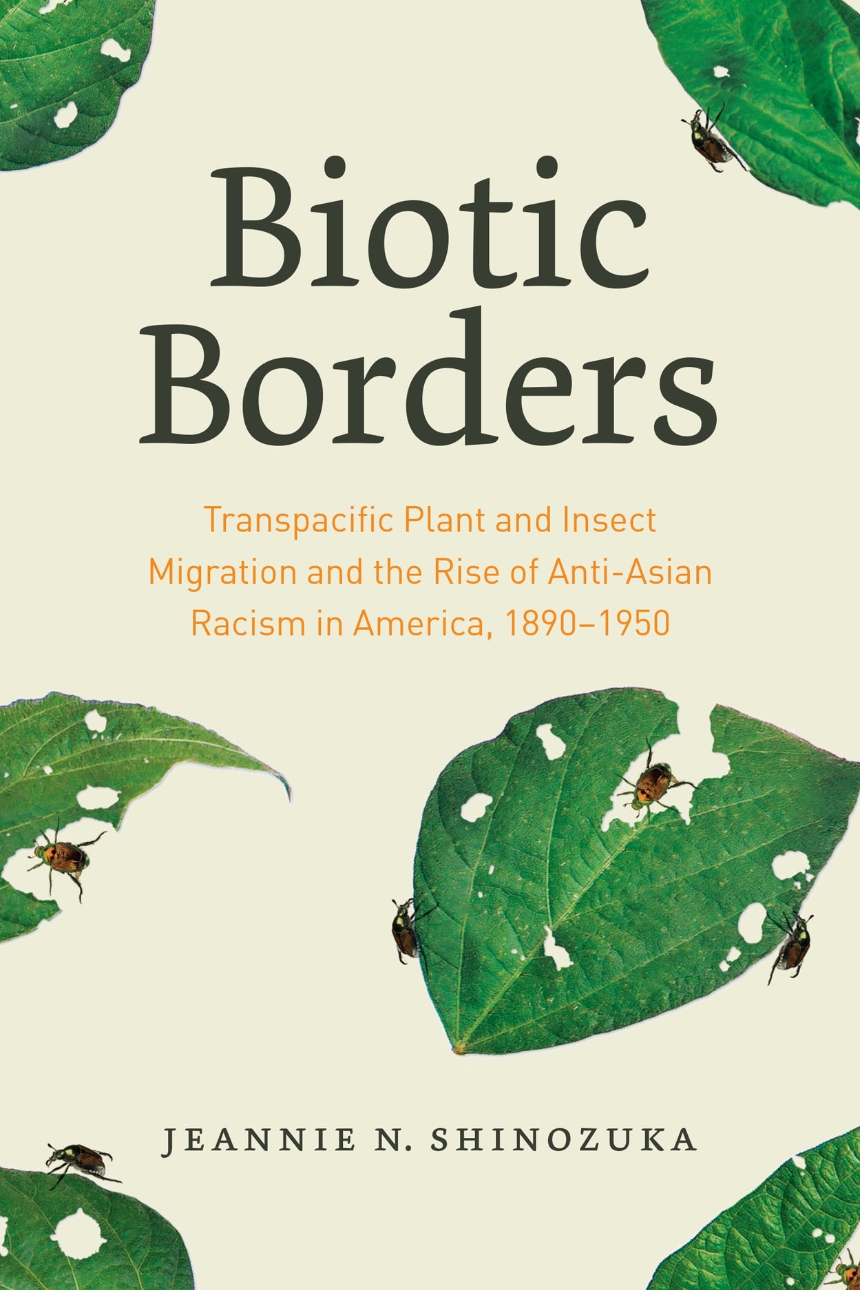In Spring 2023, INTS will offer four Special Topics courses for students. Special Topics (courses that end in 90) are new courses not yet in the catalogue. Unlike other courses, students can take the same course number multiple times, provided it is a different course. Please see below descriptions, and feel free to reach out to the instructors with questions!
INTS 290: The Politics of Developing Countries Dr. Murrell Brooks
This course is a general introduction to the political, economic, social factors that has shapes the growth and history of developing countries from the pre-colonial period to the present day. The course’ method of analysis will be grounded in international political economy. Through an inter-disciplinary approach, the course will expose students to the main theoretical schools and conceptual approaches used by political economists to grasp the monumental changes occurring in developing countries. Students will examine factors that have propelled the development of countries such as China, Ethiopia, South Africa, Iran, Turkey, Brazil, and their role in a twenty-first century international system that will be dominated by ‘great power’ competition. Students will interrogate important ideas in the study of developing countries including modernization theory, dependency, neo-liberalism, neo-colonialism, the state, nationalism, and the role women in development. A central question for this course is what role will developing countries play in the Twenty-first century’? To answer this and other questions, we will make use of the lectures, empirical data, documentary film, discussion, and the course readings.
INTS 290: Traditional Ecological Knowledge Dr. Chika Esiobu
Research into environmental sustainability is increasingly leading to a renewed interest in Traditional Ecological Knowledge (TEK). TEK includes knowledge about geography, plants, forestry, landscapes, animals, animal husbandry, natural events, water management, soil science, the atmosphere, spirituality, and the connections between humans, animals, and plants. Different aspects of TEK will be explored in this course. At the end of this course, students will understand Traditional Ecological Knowledge as a valid way of knowing, as distinct from Western science. Students will have a better idea of how TEK can be used to manage the environment in a way that is sustainable at both local and global levels.
INTS 390: Race, Ethnicity & Human Rights Dr. Lisa MacLeod
The principle of non-discrimination (“on the grounds of race, color, sex, language, religion or social origin”) comprises the core of the international human rights regime. This course explores the international human rights system focusing on the prohibition of discrimination on the basis of race and ethnicity and the protection of minority and indigenous people’s rights. Students explore a range of questions examining the link between social, political, and legal processes, from the local to the global and back again.
INTS 390: Ancient and Medieval African History Dr. Chika Esiobu
Africa is the origin of humankind. The study of African history is fundamental to understanding global history, dissecting contemporary issues, as well attempting to predict the course of future events. This course focuses on the history of ancient and medieval Africa, with emphasis on the realities and complexities of those times. At the end of this course, students’ understanding of the role Africa has played in global geo-political considerations will be considerably enhanced.




